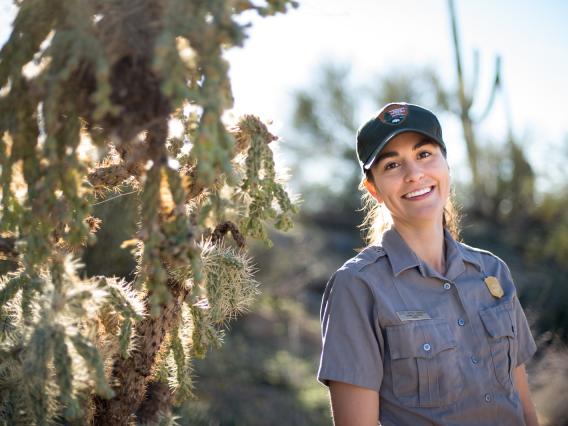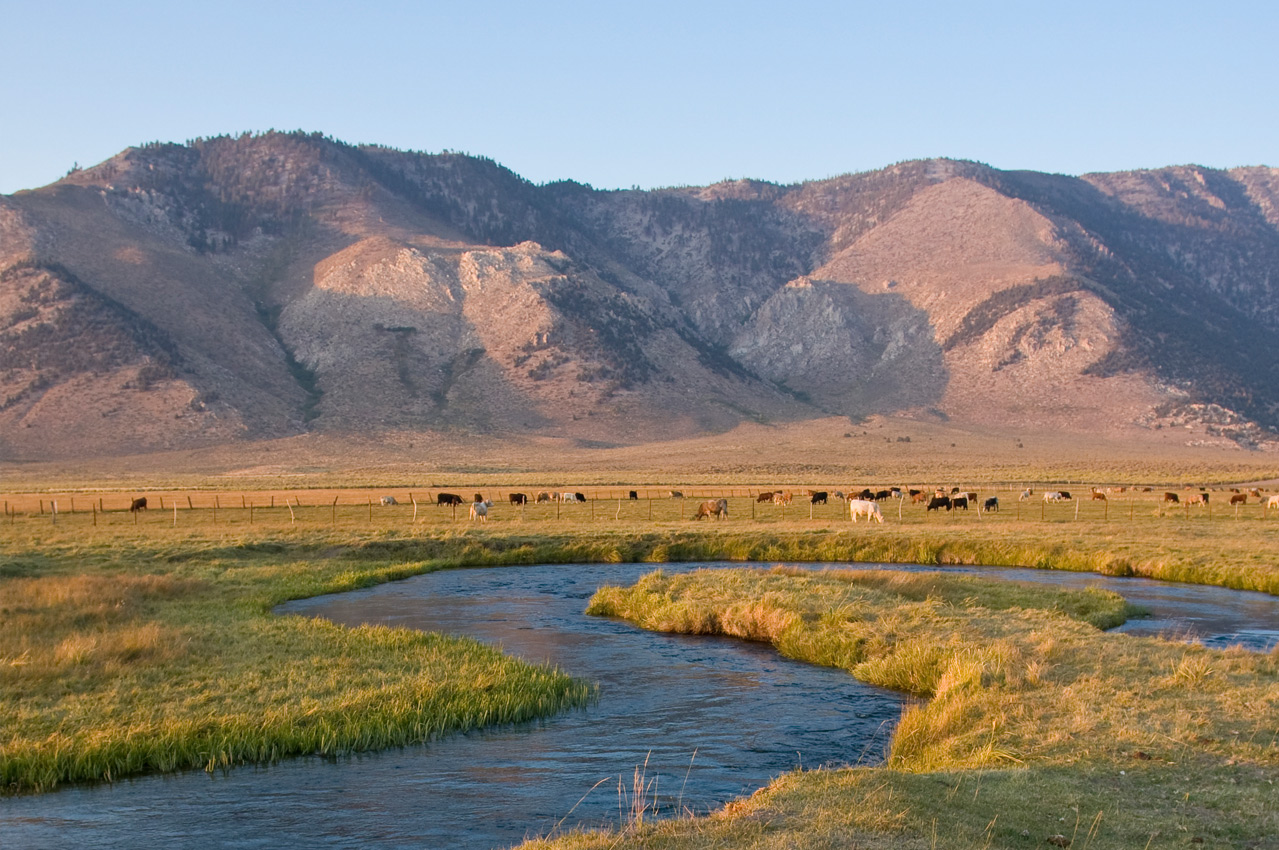Natural Resources Graduate Programs
The Natural Resources Graduate Program gives you five emphasis areas to choose from to earn your Master of Science or Doctor of Philosophy.
Areas of study include:
- Ecology, Management, and Restoration of Rangelands
- Fisheries Conservation and Management
- Natural Resource Studies
- Watershed Management and Ecohydrology
- Wildlife Conservation and Management
About the M.S. & Ph.D. in Natural Resources
Graduate students in the M.S. and Ph.D. programs work with a faculty advisory committee during their first semester to develop an individual plan of study including choosing a research topic, identifying appropriate coursework and transfer credit, and selecting potential thesis committee members.
Prior to the meeting, students must provide the committee a proposed program of study and a description of their background, general research area, and career objectives. The committee will either accept the proposal or suggest modifications to be made within two weeks.
Our M.S. program require a minimum of 30 to 36 units, depending on the program, while our Ph.D. requires a minimum of 63 units. Non-thesis options are available in some programs.
To see a list of courses offered in SNRE, see our course offerings page.
Dual Degree Program
A dual degree program is available with this natural resources master's degree. When paired with a Master of Business Administration, you may earn two degrees in three years, saving you time and money and increasing your professional career options.
School of Natural Resources & the Environment Graduate Program Handbook
Ecology, Management, & Restoration of Rangelands

Study the biological and physical processes of ecosystems to understand how to promote the sustainable use of rangelands and manage the diverse and complex systems they support.
Learn more about the Ecology, Management, and Restoration of Rangelands emphasisFisheries Conservation & Management

Study basic aquatic ecology and apply research to conservation and management initiatives.
Learn more about the Fisheries Conservation and Management EmphasisNatural Resource Studies

Take an interdisciplinary approach to natural resource policy and management factoring in technical, economic, legal, political, and social elements.
Learn more about the Natural Resources Studies emphasisWatershed Management & Ecohydrology
Study the role of water in managing natural resources including interactions between hydrologic processes, management activities, and land surface condition.
Learn more about the Watershed Management and Ecohydrology emphasisWildlife Conservation & Management

Study the management of wildlife resources for conservation, recreation, or yield.
Learn more about the Wildlife Conservation and Management emphasis

